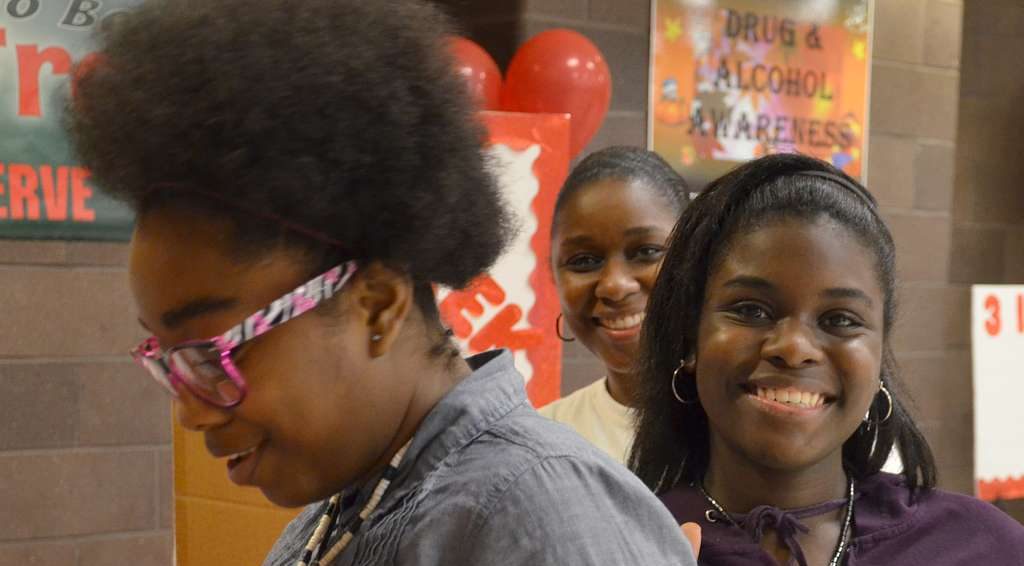Family planning might not be the hottest topic on your radar right now, but it’s worth giving a second thought. In this article, we’ll explore the world of family planning, breaking down the various methods and addressing common concerns. It’s all about making informed choices, taking control, and ensuring your future aligns with your aspirations.
Talking with your kids about sex, relationships, and their health is a lifelong conversation. Doing a little bit at a time instead of having “the talk” takes pressure off you, and helps your kid process your values and information over time. (Planned Parenthood, n.d.)
More Than Just Contraception
Family planning isn’t a one-size-fits-all approach; it’s a spectrum of choices aimed at empowering individuals to decide when and how they want to start a family. But uses of Family Planning range for more than just preventing pregnancies. Health care providers may prescribe different types of birth control to reduce or treat symptoms and certain disorders. For example, oral contraceptives can reduce severe menstrual cramps, make menstrual bleeding lighter, and reduce acne. There is also evidence that the pill reduces the risk of endometrial, ovarian, and colon cancers, reduces the occurrence of cysts in the breasts and ovaries, protects against iron-deficiency anemia, and improves bone density. The hormonal IUD can also reduce severe menstrual cramps and make menstrual bleeding lighter. (National Institute of Child Health and Human Development, 2008).
The Importance of Family Planning for Teens
- Educational Empowerment:
Understanding your reproductive health is like having the map to adulthood. Family planning education equips you with knowledge about your body, choices, and the potential impact of decisions on your future. Especially since this knowledge plays a huge part in the quality of life they will enjoy when they enter adulthood.
- Life Goal Alignment:
Imagine having the ability to align your life goals without unexpected detours. Family planning lets you take control, ensuring your dreams and aspirations remain at the forefront. Early education is also an integral characteristic to equipping them with the essential family planning products, services & resources needed to allow them to make the best decisions for their own sexual wellbeing & health.
Exploring Options & Considerations for Teenagers
- Condoms:
Condoms aren’t just about contraception; they’re your shield against sexually transmitted infections. They’re readily available, easy to use, and an essential tool for safe, responsible intimacy. They have been proven to be effective in protecting teenagers from unwanted pregnancies.
- Birth Control Pills:
For those seeking a daily contraceptive option, birth control pills provide a reliable method. They come in easily digestible pill shapes of 28 or 30 tablets and are to be taken at exact times every day. It can be an effective method of birth control for teenagers of used according to perfect use cases.
- Long-Acting Reversible Contraceptives (LARCs):
IUDs and hormonal implants offer long-term protection with minimal maintenance. These options are discreet and allow for worry-free family planning. They also give teenagers the peace of mind to carry on with their daily activities without the stress of worrying about unintended pregnancies due to the high effectiveness of LARCs.
- Natural Family Planning:
For those preferring a non-hormonal approach, fertility awareness methods provide insights into menstrual cycles, empowering individuals to make informed choices without the use of contraceptives. It is considered the best method as it produces no negative health impact and is completely free. It relies on the ability to track ovulation to prevent pregnancy
Addressing Concerns: Busting Common Family Planning Myths for Teens
- Myth: Family Planning is Only for Adults:
Family planning is an inclusive term, and teens are encouraged to explore their options. It’s not just about preventing pregnancies; it’s about understanding your reproductive health. A journey that will last the rest of their lives.
- Myth: Family Planning is Complicated:
Navigating family planning might seem overwhelming, but it’s not rocket science. There are straightforward, easy-to-use methods suitable for teens, ensuring simplicity in decision-making.
Health and Communication: The Cornerstones of Responsible Family Planning
- Regular Check-ups:
Teen years are pivotal in the development of young adults and routine health check-ups play a vital role in monitoring your reproductive health. Periodic visits to healthcare professionals ensure that everything is in order and provide a chance to discuss any concerns.
- Open Communication:
Engaging in open communication with trusted adults, parents, or healthcare professionals is crucial. It fosters an environment where teenagers and adolescents feel supported and informed in their family planning decisions.
The Future is Yours: Embracing Informed Decision-Making
In conclusion, family planning for teens is about embracing informed decision-making, taking charge of your reproductive health, and ensuring that your future aligns with your aspirations. It’s not a one-time decision but an evolving process that grows with you. As such contraceptive use for teens must be flexible to accommodate the needs of developing bodies.
The Epharm4FP project led by the Society for Family Health is focused on optimizing family planning service provision through e-pharmacy systems in Lagos State. In partnership with Health Plus Pharmacy, our aim is to revolutionize contraceptive uptake and service delivery through digital platforms. To learn more about our project click below.
To speak with a licensed health care representative, click below.
To shop for contraceptive options online click below.
Bibliography
National Institute of Child Health and Human Development. (2008). Eunice Kennedy Shriver National Institute of Child Health and Human Development. Retrieved from Frequently Asked Questions: https://www.nichd.nih.gov/health/topics/contraception/more_information/other-faqs#f1
Planned Parenthood. (n.d.). Retrieved from https://www.plannedparenthood.org/learn/parents/tips-talking
